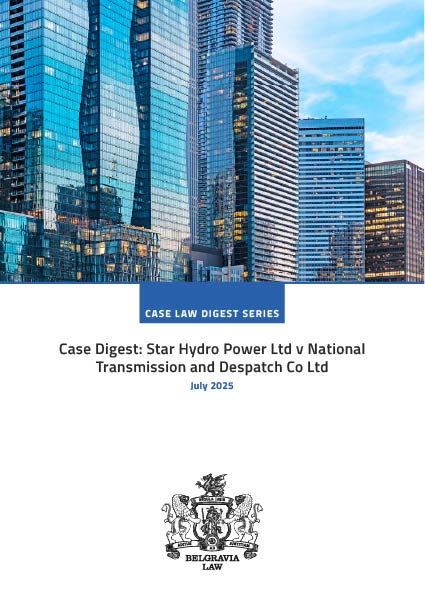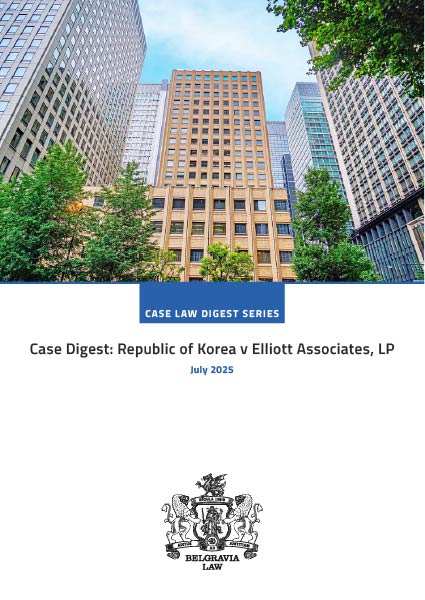Google has launched a new AI-powered tool in the UK that will alter how search results are displayed, presenting AI-generated answers in a conversational tone. This new feature, which users can opt for by selecting the "AI Mode", offers responses with fewer links to external websites compared to traditional search results, which usually show a list of clickable links.

Although this feature will not replace the existing search platform that processes billions of queries each day, it marks a significant shift in the search experience. The introduction of AI tools like this has sparked concerns among businesses and news organisations that depend on traffic from search results. These entities rely on Google to direct users to their websites, often paying for prominent positions in the search rankings. The new tool, with its AI-generated summaries, is predicted to reduce the amount of traffic that businesses receive from search results, as fewer direct links are included in the AI-generated answers.
Some businesses, including news outlets, have already reported a decrease in traffic since the launch of the AI Overview feature, which summarises search results. For instance, the Daily Mail has observed a drop in clicks from Google search results by about 50% on both desktop and mobile platforms. Hema Budaraju, Google's Product Manager for Search, acknowledged that the company has not yet decided how AI Mode will affect advertising revenue or whether businesses will be able to pay to be included in AI-generated responses.
Despite these concerns, Budaraju defended the new feature, suggesting that it will provide users with an improved search experience. She argued that AI would enable users to ask more natural, complex questions, making it easier to discover information in new ways.
The new AI Mode, powered by Google's Gemini platform, has already been introduced in the US and India and is gradually rolling out in the UK. For now, it remains an optional feature, accessible via a tab or directly within the search box. Google stated that the move was in response to changing search habits, with people now often asking more specific and complex questions.
A recent example from Google demonstrated how AI Mode works, such as helping users find places to take their family strawberry picking. The responses included fewer business links than usual and focused more on providing comprehensive answers. This marks a departure from the traditional model, where businesses typically appear at the top of the search results with prominent links.
While some studies, including one by Pew Research, suggest that people are clicking on fewer links when AI summaries are at the top of the page, Google disagreed with the study's methodology. The growing use of AI in search has also raised concerns among news organisations, with campaign groups like Foxglove highlighting how AI-generated summaries are often inaccurate and keep users on Google’s page rather than directing them to original content. This could significantly undermine the revenue models of news outlets.
In addition to these issues, environmental concerns have been raised about the energy consumption of AI systems, particularly as AI requires large data centres to operate. Google has stated its commitment to sustainability, promising to continually develop more environmentally friendly technology. Despite these challenges, Google remains optimistic about the potential of AI to enhance the search experience and address the evolving needs of users.











